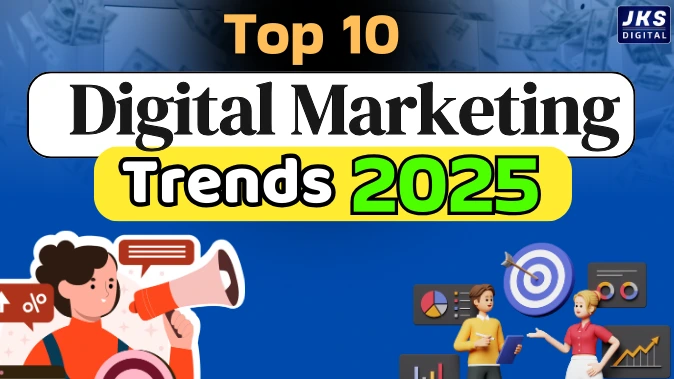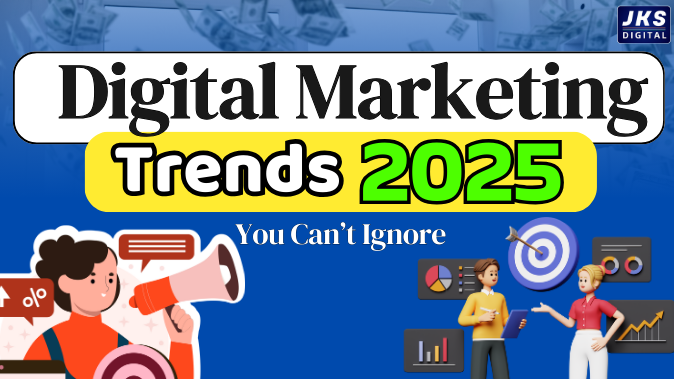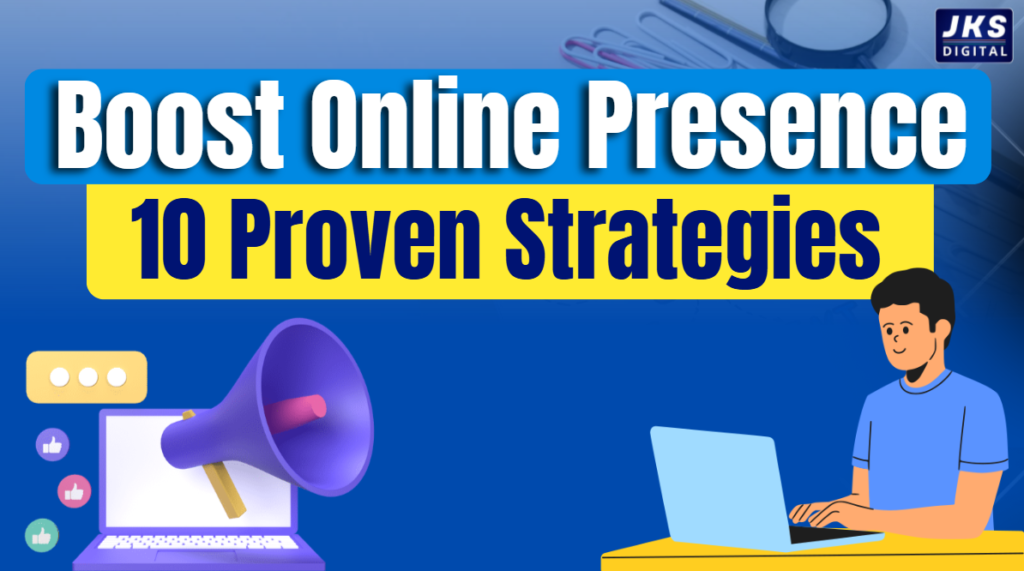Brand Awareness vs Reach:- In today’s digital world, marketing is vital to any successful brand. But let’s be honest. One debate that marketers often face is choosing between brand awareness and reach. If you’re wondering which of these is worth your time, energy, and budget, you’re in the right place. Let’s break it down in simple terms and help you figure out what works best for your goals.

What exactly is brand awareness?
Think about your favorite brand—maybe it’s the coffee shop around the corner or those sneakers you never leave home without. Now, ask yourself: why do you like them so much? Chances are it’s not just about their product but also how they make you feel. That’s brand awareness. Brand awareness is more than just recognizing your logo.
It’s about how deeply your brand is embedded in people’s minds. Or it will be about them remembering your name and recognizing your brand attributes like logo, fonts, color and associating it with positive emotions. For example, when you hear “Nike,” you think “Just Do It” or pushing boundaries. That’s the magic of brand awareness.
When you spend time building brand awareness, you are essentially planting seeds in the hearts and minds of your audience. These seeds grow into loyalty, trust, and a deep engagement with your brand. Over time, this is what makes your brand memorable in a sea of competitors.
When to focus on brand awareness:
- You are launching a new business or product and want to create buzz.
- You want to stand out in a crowded market where customers have many options.
- You are aiming for long-term growth and want to build a loyal community.
And what about reach?
Now, let’s talk about reach. If brand awareness is about emotional connections, reach is about numbers. It’s the number of people who see your content, ads, or messages. Think of reach like a loudspeaker—you’re getting your message out to as many people as possible, whether they know you or not.
Imagine you’re promoting a sale for your online store. You want as many people as possible to see your offer, right? That’s where it shines. It’s about getting your message in front of a large audience as quickly as possible. But there’s a problem: just because a lot of people see your ad doesn’t mean they’ll remember you.
Reach gives you the visibility you need to introduce your brand or promote a campaign. However, it’s often just the first step. To turn those numbers into meaningful connections, you’ll eventually need to focus on something else—like brand awareness.
Read Also:- Cross-platform branding: ways to create a consistent identity on social networks
When to focus on reach:
- You have a time-sensitive promotion or sale and need to reach people as quickly as possible.
- You’re testing the waters with a new audience and want to see how they respond.
- You’re trying to drive traffic to your website or social media platform quickly.
So, which one should you prioritize?
Here’s the million dollar question: should you focus on brand awareness or reach? The answer isn’t clear-cut at all. It depends on your goals, your stage in the business journey, and the results you want to achieve.
If you’re building a brand
If you’re just starting out or want to build a great and sustainable presence in the market, brand awareness is your best choice. Why? Because people need to know who you are before they can trust you or buy from you. This is especially important for businesses that want to build relationships with their customers and foster loyalty over time.
If you want quick results
On the other hand, if you’re running a limited-time campaign – like a holiday sale or product launch – your focus might be on reach. This is perfect for grabbing attention and making sure your message reaches as many people as possible.
The secret: Combine the two for maximum impact
Here’s the thing: brand awareness and reach aren’t enemies. In fact, they work together beautifully. It’s not about choosing one over the other, but about knowing when and how to use each effectively.
Imagine this: you start by using reach to get your message out to a wider audience. Once people know you exist, and trust you, you focus your efforts on brand awareness. This way, you’re not just reaching people – you’re inspiring them to care about your brand.
Practical Tips to Balance Both:
- Use Social Media Ads Strategically: Platforms like Facebook and Instagram allow you to create campaigns for both reach and awareness. Start with reach ads to grow visibility, then retarget those who showed interest with awareness-focused content.
- Tell a Story: Whether you’re aiming for awareness or reach, people remember stories. Share your journey, values, and the “why” behind your brand.
- Analyze and Adjust: Use analytics to see what’s working. If your reach is high but your engagement is low, shift your focus to awareness-building content.
Real-Life Example: A Coffee Shop’s Strategy
Let’s say you own a coffee shop. To kick things off, you run an ad campaign promoting your grand opening. This is reach—it spreads the word fast.
Once the initial buzz fades, you switch gears. You share stories about how your beans are ethically sourced or showcase your team crafting the perfect latte. This builds brand awareness. People now see you as more than just a coffee shop; they see you as a place with values they admire.
Read Also:- Best Digital Marketing Agency in Central Delhi: JKS Digital
Final Thoughts
At its core, marketing isn’t just about numbers or visibility—it’s about connection. Brand awareness helps you create meaningful relationships with your audience, while reach ensures your message is seen far and wide.
The smartest strategy? Use both. Start with reach to draw people in, then invest in brand awareness to keep them coming back. By striking this balance, you’ll not only grow your audience but also turn them into loyal supporters of your brand.
So, what’s your next move? Are you ready to build awareness, expand your reach, or do both? Let’s start the conversation!






